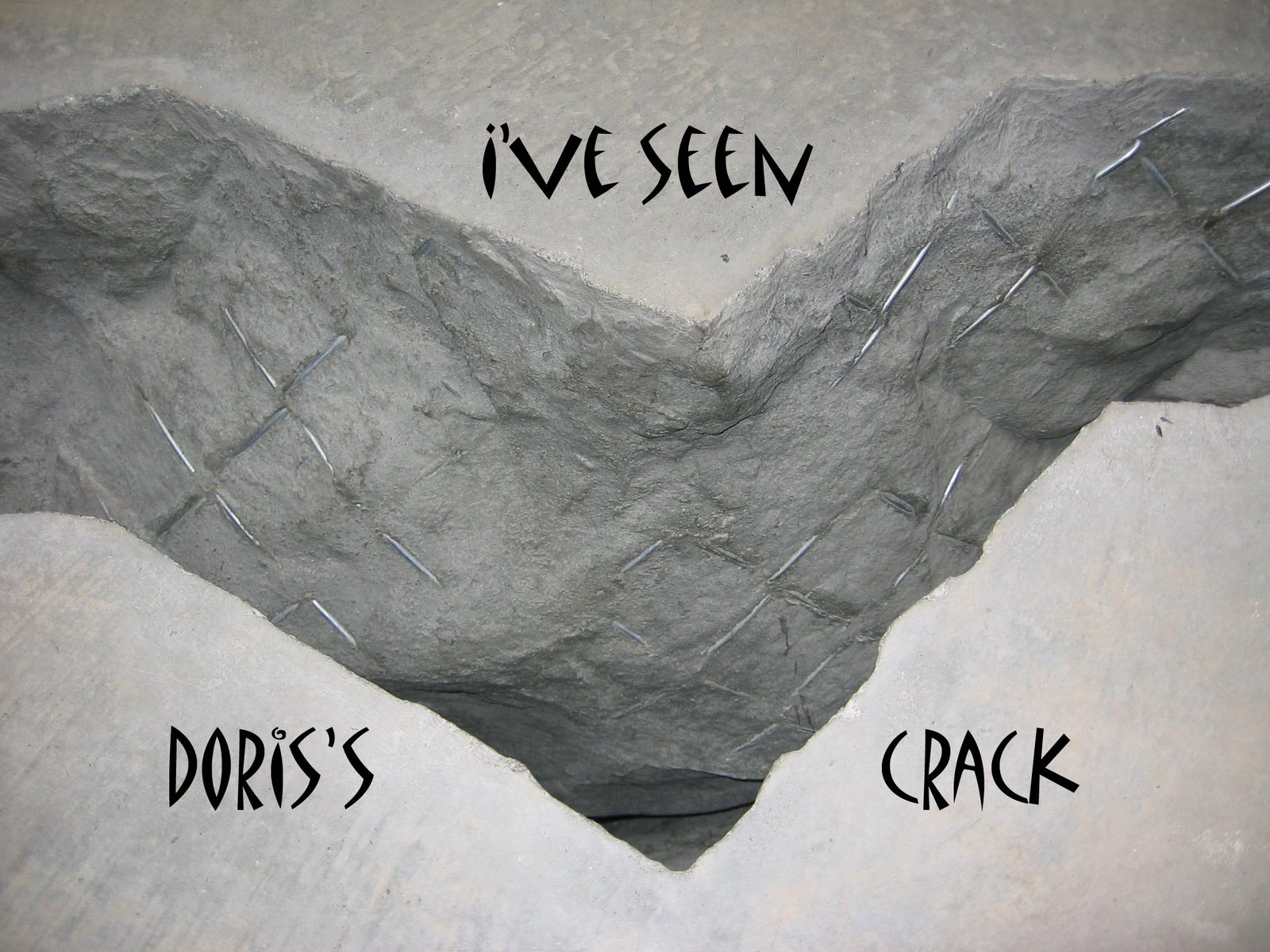
I was brought up in Putney, and on the fact that it has one proud claim to historical fame: its parish church housed the debates, between the soldiers and the leaders of the Parliamentary army against Charles I, that most clearly articulated the issues that dominated debate (in the Anglo-Saxon world at least) about the principles of representation in government for the next few centuries.
Last night I went to a staging of the key moments in the debates, and the opening of
a commemorative exhibition in the church. Actually, given the constraints on space - it is still, after all, a functioning church - it's more of a commemorative cupboard, with half a dozen explanatory panels of text and pictures, and an audio-visual display of extracts from the record of the debates and of various talking heads on their significance. And there's an elegant engraved slate plaque as well.
That's not to minimize the importance of what happened here. In 1647, the Army had presented Parliament with a victory over the King in the first Civil War, but also with a challenge. Soldiers were claiming a say in that great issue that confronts all revolutions: where next? To borrow a phrase from Milton "Progressive, retrograde, or standing still?"
A contemporary shorthand record
allows us, uniquely, to eavesdrop on the (more or less?) exact words with which ordinary soldiers argued their fears over the compromises the Parliament was planning to make with the King, for the sake of peace and property, and their belief that God's grant of a victory over the King created a right for all men to a say in government.
Eventually, and perhaps not surprisingly, the process of debate collapsed into repression, as
the Parliamentary revolution faced its
Kronstadt. As tends to happen to revolutions that require a particular kind of perfection in the people, it fell even further into
a military dictatorship which could not long outlast the death of
Cromwell.
The issues raised at Putney never went away. If the
revolution of 1689 finally settled the primacy of parliament over the monarch,
equal suffrage finally arrived in 1832, and
universal suffrage in 1928, we still argue over how
democratic our
system really is.
How appropriate that this has happened at the end of a summer in which The Broon launched
a consultation on at least some of these issues. However, if you look at what was proposed in July, it focusses on incremental changes, with a great deal of "could" and "might" about the possibility of a proper written constitution - and absolutely no recognition of the idea - that the soldiers of 1647 would have seized on - that the House of Commons ought not just to be a replacement monarch with monarchical powers.
